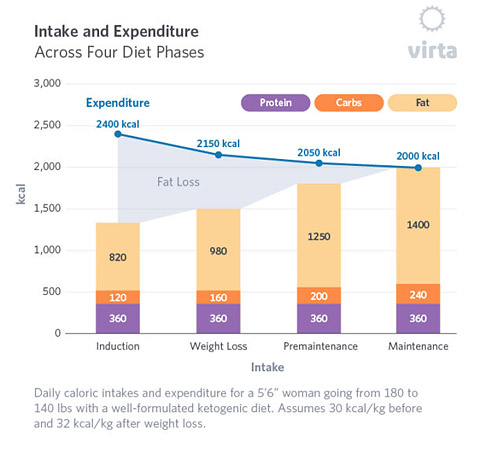Hello, I just started a keto carnivore diet approximately ~25 days ago or so, but I didn’t do any research before starting so I’m afraid I might have messed up because for the past week or so now I am waking up every 2 hours when I sleep. I will go to bed at around 11pm, wake up at 1am, wake up at 3am, and then wake up at 5am and I need to start work at around 6am so I can’t go back to sleep now, and I’m tired although not to the point where I can’t function at a minimum throughout the day.
Here is some more information about me:
Male, 32 years old, 178 lbs., 5’6".
Objective: I started a zero carb carnivore way of eating to relieve abdominal pains doctors cannot find the cause of, but I just want to become healthy in general.
Lifestyle: Around the 2nd week of February, I jumped right into a zero carb carnivore way of eating, consuming only one meal per day at around 5:30pm. I had no issues quitting carbs cold turkey and no issues immediately going into fasting for 23 hours per day.
I’ve mostly been eating various cuts of grass-fed beef and chicken, with a bit of extra virgin olive oil and a lot of grass-fed butter to satiety. I’m not sure how much salt I’ve been adding since I just put however much I wanted to taste and did not measure (I use Redmond Real Salt).
I do take multivitamins (Controlled Labs Orange Triad [3 tablets daily]) and electrolyte supplements (Redmond Re-Lyte [1 serving daily]) daily as well.
I add about 4 grams of sodium to about 48 oz. of water per day, but I read either on this forum or another one that over-hydration is a thing and that I should start aiming for less than 16 oz. of water per day on a zero carb carnivore diet. But I’ve also read a lot of conflicting information about this so I’m not sure what to do about my water intake.
I lead an extremely sedentary lifestyle due to long hours at my desk job, although I stand up and walk around often and try to hit the gym 1-2x per week.
Please let me know if there is any other information you need and if you have had similar issues to mine and know how to fix it. Thanks

